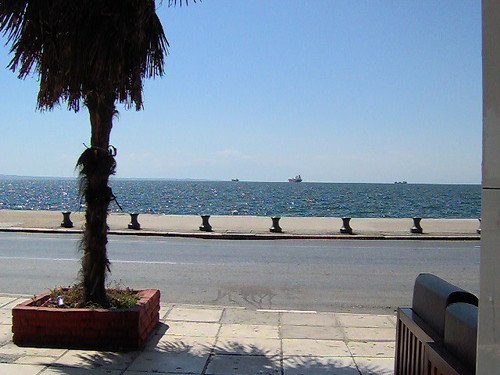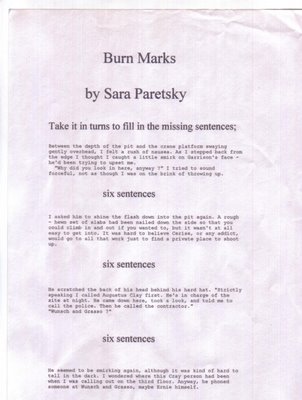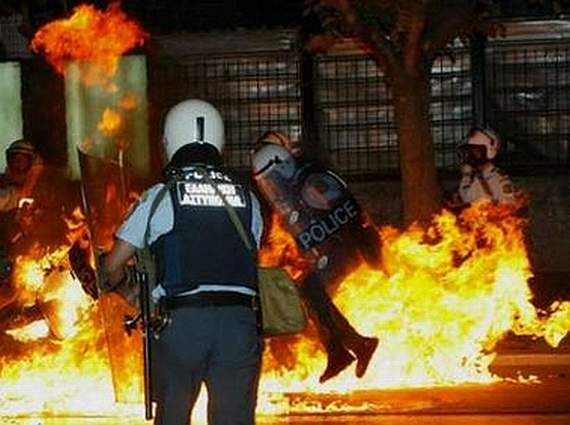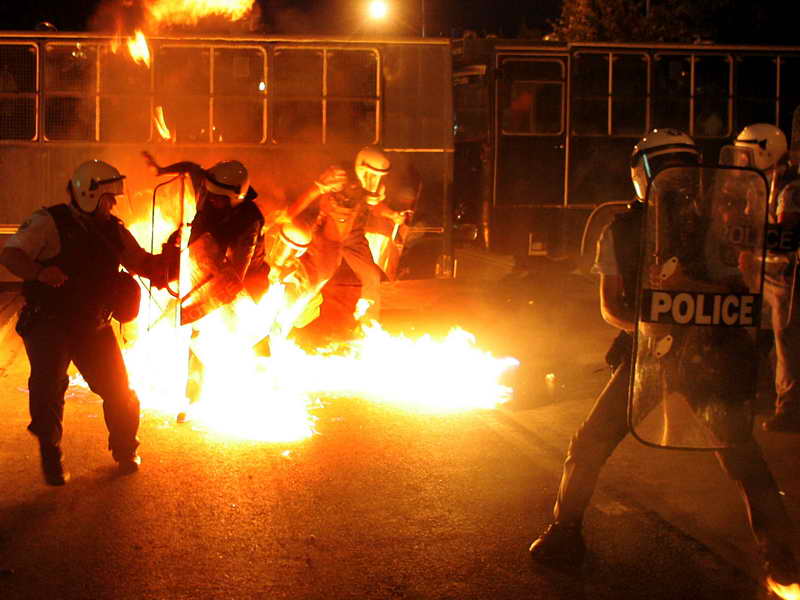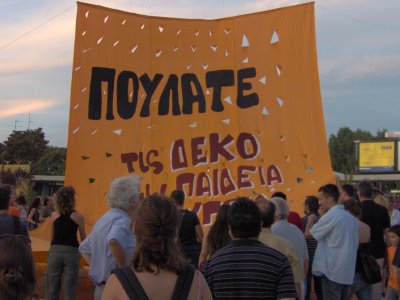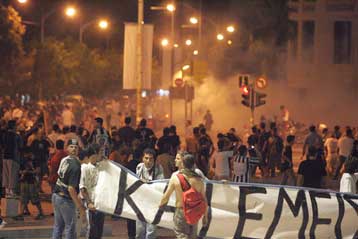 BLOGGING : EFL WRITING IN THE 21ST CENTURY
BLOGGING : EFL WRITING IN THE 21ST CENTURY
by Craig Wherlock Ma (TEFL)
email
WHAT IS A BLOG ?
Put simply, a blog is a site on the internet that you can set up in about ten minutes which costs nothing. There are currently approximately 70 million blogs and thousands of new ones are created every day. They can be about an conceivable subject, anything from the state of modern Chinese politics to what I did at the party last night. The majority of people who have a blog are below 25 so it is very much something to appeal to young people like those we teach.
What I hope to do today is show you;
–some compelling reasons a blog can help your students learn English,
–how to set up a blog for yourself and your students,
–work on some teaching ideas that incorporate blogging in EFL.
WHY BLOG ?
Perhaps the most important reason why your students should know about blogging is that it gives them the chance to reach a wider audience than just you and their classmates. When I started my blog about 31 people read it in the first month. That figure is now 1500 plus. Likewise students now have the opportunity to reach out to a potential audience of millions.
Imagine if their piece on football teams in Thessaloniki could be read and commented on by say, somebody in Brazil, and of course, visa versa. That has got to work as a far greater incentive than simply getting a grade from you.
Another added bonus is that since the blog is going to be read by “real people” i.e. Not just you, the teacher, there is an added incentive not to make mistakes, to get things right so as not to appear stupid.
As blogs can literally be about anything students can write about any subject they like. Films, sport, parties, gossip can all be included on a student's blog. This also means that virtually every level of English can be catered for.
Finally, the blog offers a permanent record of our students work which can be reviewed by the student and seen by you at any time. Also it can form the basis of any future e-portfolio.
HOW TO SET UP A BLOG
Today we are going to set up our own blog as a group using Blogger. There are other sites that offer the same service and I've chosen this one simply because I'm most familiar with it. You could also look at
MySpace (which has a younger audience)
Yahoo 360 (general audience)
Don't worry about writing all this down as a transcript of this talk along with all the site addresses will be posted on my blog. I will give you the address at the end of the talk.
STEPS
1 Go to
www.blogger.com2 Fill in the necessary details
blog name: Tesol Macedonia – Thrace 2006
blog address:
http://tesolmacedonia2006.blogspot.comuser name: conference2006
password: learning
3 Choose template
4 Start posting
What I'd all like you to do is write a short description of yourself, a kind of professional autobiography in 50 words or less.E.g. My name is Diana Jones and I work in X school of languages. I graduated y university in 1996 and have taught xyz levels etc.5 CHOOSE ONE OF THE STUDENTS AND ASK THEM TO WRITE THEIR BIOGRAPHY ON THE BLOG.6 Take the student's photo and show them how to post that on the blog.
7 Now add a photo of the Capsis hotel to the blog.
8 Post and view the blog.
REMIND PEOPLE THAT WITH THE USER NAME AND PASSWORD ANYONE CAN ADD WHATEVER THEY LIKE FROM NOW ON. PARTICIPATION IS NOT LIMITED TO THE DURATION OF THE SEMINAR.
THINGS STUDENTS CAN DO WITH A BLOG.
1 What I'd like to do now is show you examples of various exercise I have done with my students on their blogs.
My visit to .....
Film review
A description of my holidays
My friends
Round the world trip
2 Now all of these activities all very much text based with some photos added. That reflects the fact that most internet connections here are slow so we can't do things like add video or mp3s yet. However, all of that is set to change in the very near future.
When that time comes we can ask students to prepare videos using a digital camera or their mobile phone, put songs and discussions on their blogs, use more complicated web tools such as
YouTube or
Odeo.
Here are some ideas that I've been playing with and hope to use in the very near future in my classes.
Video your course book
Lydia's Chatterbox stuffCreate your own song videos
See Billy Joel “We didn't start the fire!”Create and record a tour of your school/neighbourhood/city
See Guardian city toursCookery programmes
See The Daily English ShowHow - to lessons
Magic tricksWork shop ideas
Now what I'd like you to do is get into groups of three or four and think of a way you could use this stuff in one of your lessons. Remember that as well as text and photos many of the latest mobile phones take record video and audio.
school
hobbies
favourite placessport family
grammar points
vocabulary areas
writing skills
If time permits get them to write up ideas on the blog.
Teachers who blog
Teacher Dude's Grill and BBQEwan McIntoshCool Cat TeacherTheodora PDaniel's Teaching BlogAutono BloggerFCE BlogThe Open Classroom
Teacher in DevelopmentI would like to thank
Ewan McIntosh especially for letting me steal shamelessly from his presentation ideas. If you can, check out his podcasts at his website.


